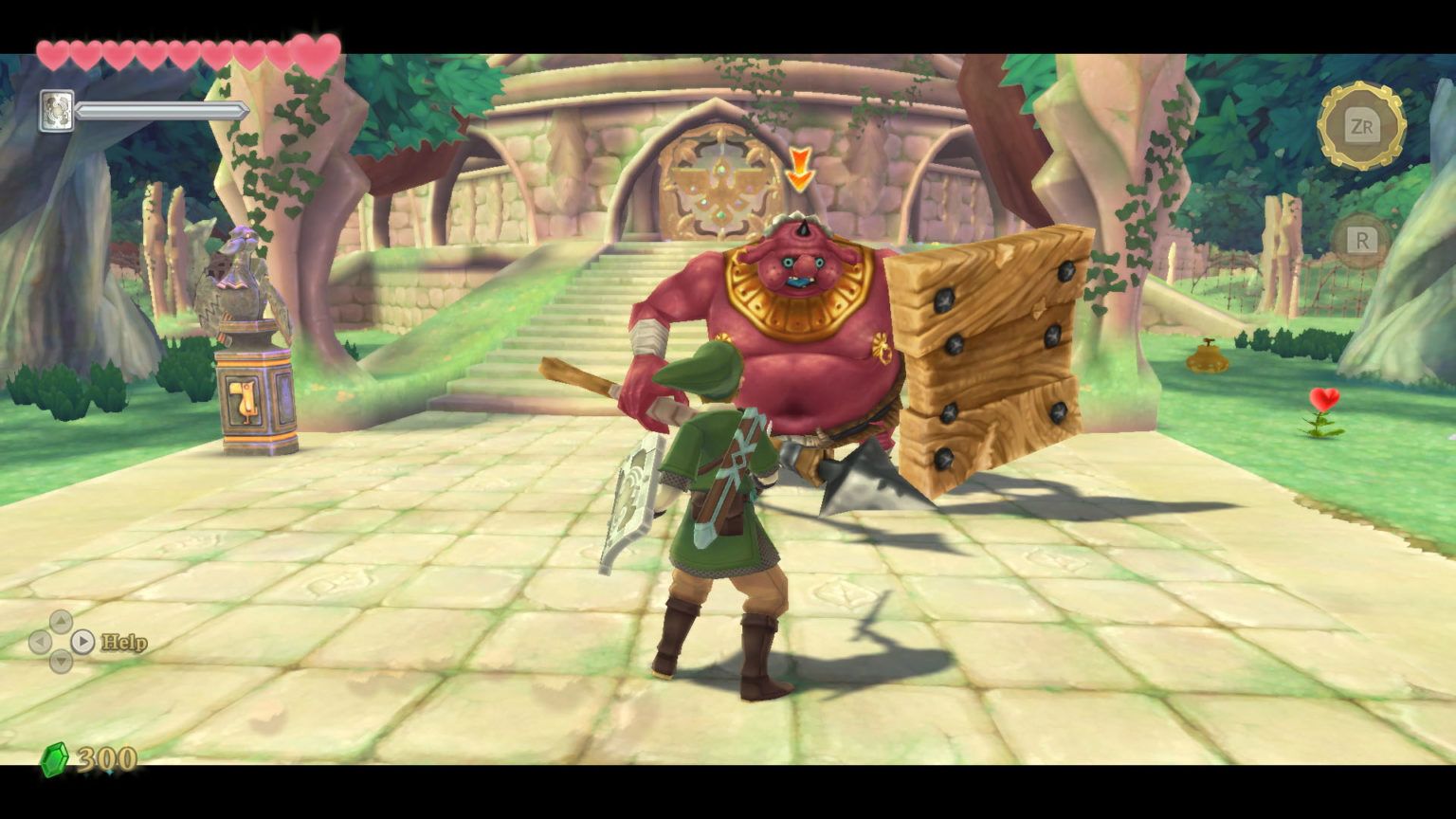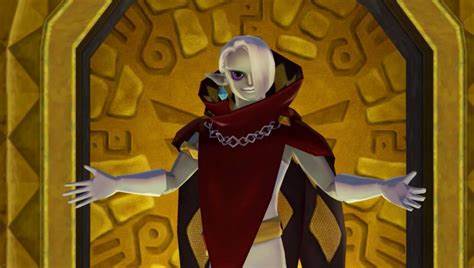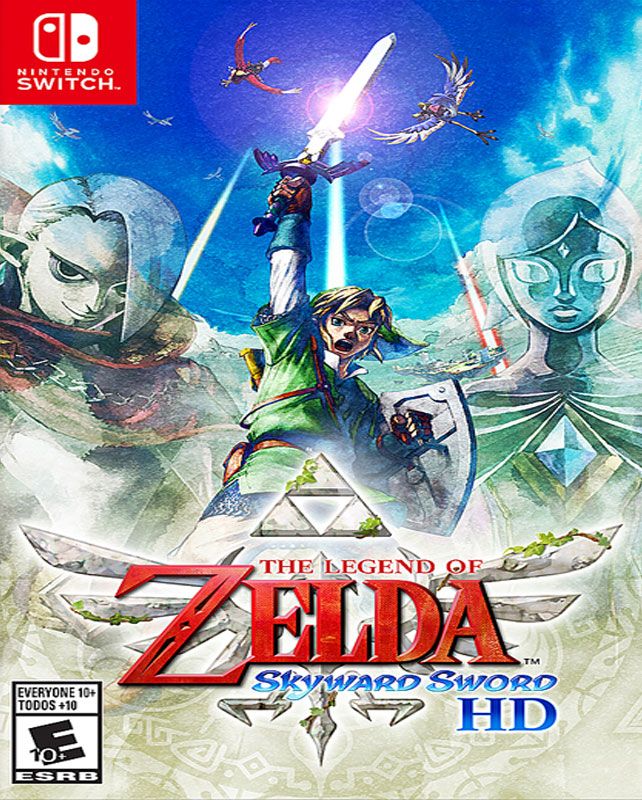Musings about what is now my least favorite 3D Zelda game!
I finally finished playing The Legend of Zelda: Skyward Sword last night. The HD re-release has been out for several months and I received my copy on release day.
I was excited for it! I’ve been playing games from The Legend of Zelda series since I was a little kid. There used to be video tape of me at one of my birthday parties, camped out in front of our TV with school friends, playing through a rented copy of the 1986 original. I was obsessed with The Legend of Zelda: Ocarina of Time back when it was new. And Breath of the Wild? I wouldn’t be the first to call it one of the best games of the past decade or more.
While there have been periods where my interest in the Zelda franchise was more “off” than “on,” it’s always been a series close to my heart.
It was disappointing, in turn, when Skyward Sword turned out to be a disappointment.

I probably shouldn’t have been surprised. Skyward Sword was a controversial game when it first came out on the Wii in 2011. There were a lot of people who didn’t like it, for a variety of different reasons. I can remember thinking “it can’t be that bad” back in the day.
After beating the improved HD remaster in the present day? I think its detractors were pretty much on the mark.
It’s not that Skyward Sword isn’t without its strong points. The art is bright and attractive. The soundtrack has some great music. Even the combat, which I generally found clumsy thanks to never-quite-there motion controls, has moments where things genuinely work.
For all the small things Skyward Sword does right though, there are glaring issues that keep it from sticking the landing.
It’s probably one of the worst paced games I’ve played in a good long time. A lot of people criticized the game for its linear world design. Skyward Sword isn’t “open” in the same sense as many of its predecessors. That didn’t bother me. What bothered me are all extra unnecessary steps the game makes you take to progress through anything.
The Legend of Zelda: Ocarina of Time? That was a lean a game when you get down to it. With few exceptions, it told you where the next dungeon was and set you to the task of beating it. I can’t count all the times that Skyward Sword sent me on some pointless fetch quest or detour before it let me get back to the meat of the game. Don’t even get me started on the whole “you need to prove yourself to the dragons bit” that pads out the final third. What were they thinking with that?
I can forgive a lot when it comes to pacing issues if the story a game’s trying to tell is decent, though. Metal Gear Solid 2 was a mess and I’m still in awe of the ahead-of-its-time plot it managed to pull off. Skyward Sword’s story, though? It’s just not really worthwhile. And worse yet, it’s told really poorly.
The Legend of Zelda games don’t tell complicated stories by and large, and I think that’s fine. They use the universal frame of good versus evil to tell simple yarns that, frequently, hit on deeper notes and themes with meaningful moments. Skyward Sword seems to have been written on the assumption that people care about all the fine details of the Zelda universe when, really, the franchise is always strongest when it aims for broad stroke emotions.
I didn’t care, for instance, about the origins of the Master Sword when I pulled it out of the stone in A Link to the Past and Ocarina of Time. Those sequences stuck with me because the games used their visuals, music, and design to construct epic and memorable moments.
The camera angles and the music swelling; you feel something the first time you draw out the Master Sword in Ocarina of Time. I felt jack-all about the Master Sword in Skyward Sword, even though the game is almost entirely about it.
It’s just too interested in telling you every detail you never really asked for. And not just telling but telling you over and over again. There are so many places in the game where the writing insists on using 100 words where 10 would have sufficed. The game’s (underwhelming) final boss battle is broken up by several villain monologues that go on so long they undercut any sort of tension or build-up. Sometimes it’s okay to be more vague and let the villain’s actions speak for themselves!

What makes a good Zelda game? That’s a hard question, honestly. The answer differs from person to person. For a lot of people, it often comes down to whichever Zelda they played first. Or which Zelda they obsessed over most when they were at that “just right” age to fall in love with it.
One thing I can say with confidence, though? Skyward Sword is not what makes a good Zelda game. I’m glad Nintendo learned its lesson and moved on to something better.

